Fire safety is an incredibly important aspect of property management, particularly for landlords who are responsible for the safety of their tenants and the integrity of their property. In the UK, fire safety regulations set forth a series of mandatory precautions that must be followed to ensure the well-being of occupants. Failing to abide by these regulations can lead to serious consequences, including fines, legal action, and most importantly, the endangerment of lives.
Fire Blankets
While fire blankets are not specifically required by law in all rental properties in the UK, landlords of Houses in Multiple Occupation (HMOs) do have stricter rules to comply with, often needing to provide fire fighting equipment like fire extinguishers and fire blankets. However, providing fire blankets in any rental property is considered good practice.
Limitations of Fire Blankets
Fire blankets are primarily designed to extinguish small, contained fires, typically involving cooking oil or equipment. They are not suitable for large or spreading fires, and therefore, have their limitations.
Installation of Smoke and Carbon Monoxide Alarms
The UK law mandates that landlords install smoke alarms on every floor of their property and carbon monoxide alarms in any room containing a solid fuel burning appliance. These alarms must be in proper working order at the start of every new tenancy. In terms of maintenance, landlords should ensure that the alarms are tested regularly and kept in functional condition.
Conducting a Fire Risk Assessment
A fire risk assessment is a thorough process to identify potential fire hazards and decide ways to prevent or manage them. This assessment should be completed periodically and updated to reflect any changes in the building layout, tenancy, or other relevant factors.
Ensuring Clear Access to Escape Routes
To provide safe egress in the event of a fire, it is crucial to keep escape routes clear. This means paths and exits must be free of obstructions. Where necessary, fire doors should be fitted and maintained to prevent the spread of fire and smoke, allowing occupants more time to escape.
Compliance with Fire-Safe Furnishings
Landlords are required to provide fire-resistant furniture in their properties. Furniture should have labels confirming they meet safety standards. It is the landlord’s responsibility to check these labels and ensure that all the furnishings comply.
Electrical Safety Checks
Landlords must ensure all electrical installations in their properties are safe when tenants move in and throughout their tenancy. Although there is no legal requirement to conduct Portable Appliance Testing (PAT) annually, landlords are often encouraged to perform regular safety checks of the electrical appliances provided to tenants.
Gas Safety Requirements
All gas appliances provided by the landlord must be safely installed and maintained, with an annual gas safety check carried out by a Gas Safe registered engineer. Landlords must also supply tenants with a copy of the Gas Safety Certificate within 28 days of the inspection.
Prohibition of Smoking Indoors
Smoking increases fire risk significantly. Landlords often include no smoking clauses in their tenancy agreements to mitigate this risk.
Special Considerations for HMOs
Landlords of HMOs have additional regulations to contend with, including providing adequate means of escape, fire alarms, and firefighting equipment. Regular visits from a fire safety officer may also be required to ensure the ongoing compliance with fire safety measures.
Overview of Fire Safety (England) Regulations 2022
Recent updates like the Fire Safety (England) Regulations 2022 have introduced further requirements for higher-risk buildings such as high-rise residential buildings, including responsibilities for the “responsible person” to manage and reduce the risk of fire.
Alternate Fire Extinguishing Methods
In scenarios where a fire blanket might not be applicable, alternative methods such as using a fire extinguisher, smothering the fire with non-flammable heavy materials, or cutting off the oxygen supply can be employed.
Conclusion
Complying with fire safety regulations is not only a legal necessity for landlords in the UK but also a moral duty to protect those who reside in their properties. While fire blankets are not mandated by law for all rental accommodations, understanding their advantages, limitations, and alternatives contributes to a comprehensive approach to fire safety. Landlords who go beyond the minimum safety requirements can offer tenants peace of mind while safeguarding their investments from potential fire hazards.


Leave a Reply